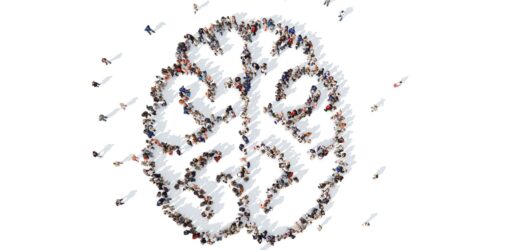We all have had that lesson that has not gone the way we anticipated: we set high goals for our students, and whether because of delivery or circumstances out of our control, the lesson failed. We also struggle with failures as we aim to inspire and motivate our students, create engaging lessons, and cultivate a positive learning environment. These failures can be challenging to navigate, but they also present valuable opportunities for growth and self-improvement. As educators, we can work to learn from our mistakes as tools for increased growth and learning. One solution is to focus on developing higher levels of self-efficacy.
We All Fail: Pathways to Growth and Increased Self-Efficacy

- Tags: failure, instructional growth, self-efficacy
Related Articles
I have two loves: teaching and learning. Although I love them for different reasons, I’ve been passionate about...
“Why does my edition of Hamlet read ‘O, that this too, too sullied flesh would melt,’” my student...
After all, nearly every large language model (LLM) is good at summarizing readings, synthesizing large amounts of data...
In 1906, Francis Galton was visiting a livestock fair when he stumbled upon an interesting contest. Local villagers...
I often wear sunglasses on my walk from my parking spot on campus to my office. I recently...
Students taking online classes represent a key part of the college-attending population. Demand for online classes and online...
As AI use continues to grow in the field of education, we are only beginning to discover potential...








